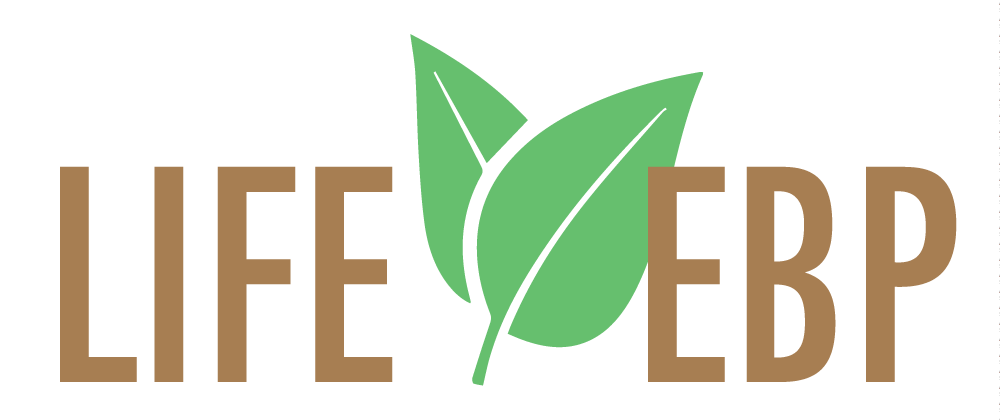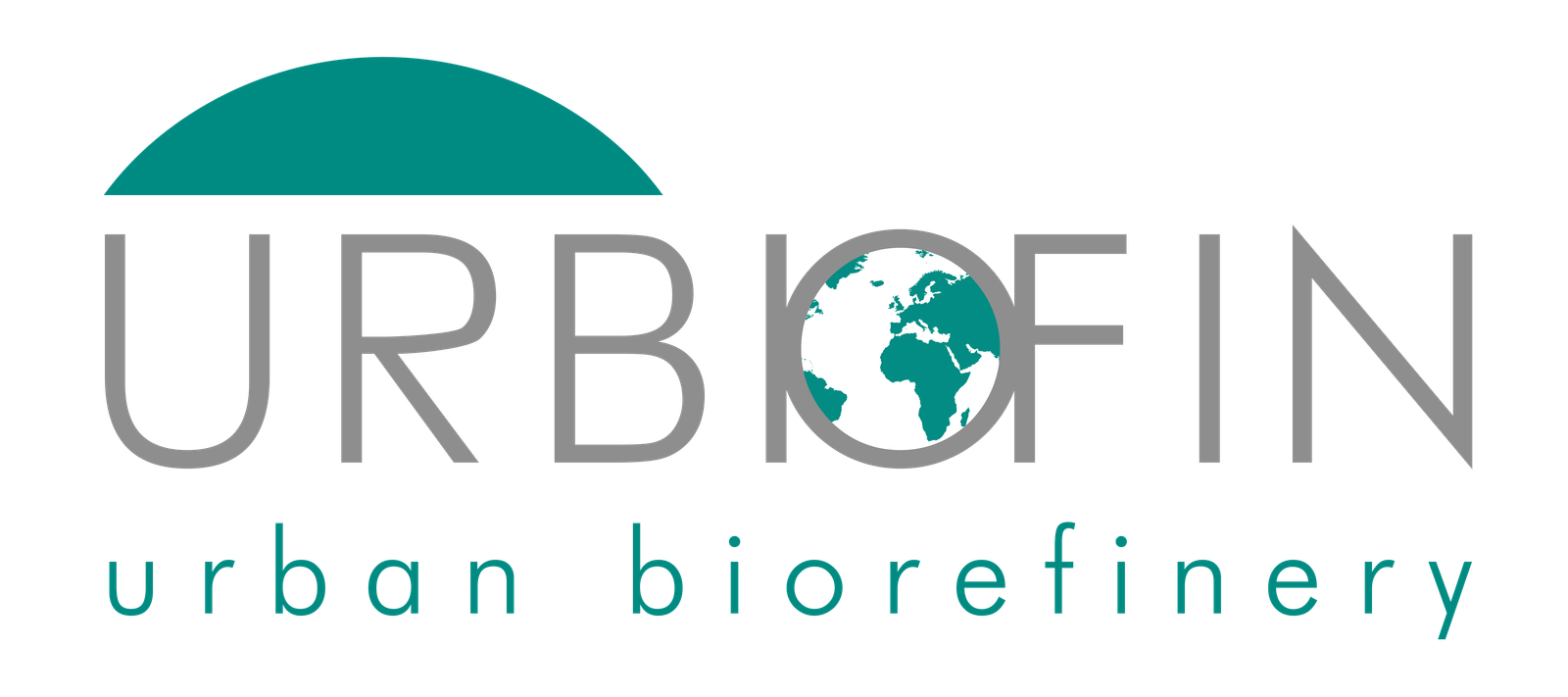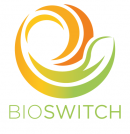OLEAF4VALUE project
Project concluded

Olive leaf multi-product cascade based biorefinery
From an under-used biomass in the primary sector to tailormade solutions for high added value international market applications. The goal of OLEAF4VALUE is to set up the basis of six smart value chains based on a newly developed 4.0 concept: Smart Dynamic Multi-Valorisation-Route Biorefinery (SAMBIO) for the cascade valorisation of the olive leaf biomass according to its initial composition (Biomass Suitability Index – BSI). OLEAF4VALUE will give a new life to olive leaves, solving the problem of its removal from the fields while obtaining high added value bioactive compounds with high-market potential.
Contact:
Andrea León
email: andrea.leon@innovarum.es
website: https://oleaf4value.eu/











